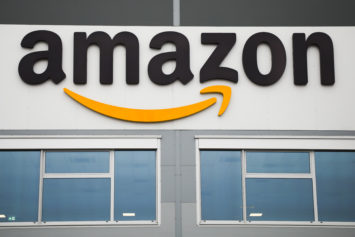
“There may be some people who have Prime but don’t rely on it regularly that will cancel because of this,” says Wedbush analyst Michael Patcher, who tracks Amazon. But many Prime members were likely a drag on Amazon’s finances. Wedbush estimated that at $79 Amazon was barely breaking even, or even losing money, on shipping costs for customers who ordered 20 packages year. That’s not counting the $40 per person he estimates it costs Amazon to license streaming media that Prime accounts get for free. “It won’t pain Amazon to see these people go.”
The flip side is customers who order only a few items each year or who order so much because of Prime that their additional spending far outweighs what Amazon loses on shipping and media. The company would hate to see them go, but the truth is that isn’t a big fear, because there is very little direct competition for what Prime offers.
There are also external factors, such as rising fuel costs and new taxes, that may have played a role in the Prime price hike. “I think the cost of the program to customers vs. the expense to Amazon were out of balance and this is an attempt to bring it more into balance,” says Sucharita Mulpuru-Kodali, an e-commerce analyst with Forrester. “You can’t have Amazon’s low-to-no profitability forever. It’s been more than 10 years now!”


